The European Union (EU) aims to end all hydrocarbon imports from Russia by 2027. But some countries in Central and Eastern Europe are struggling to satisfy their "thirst" for oil and gas.
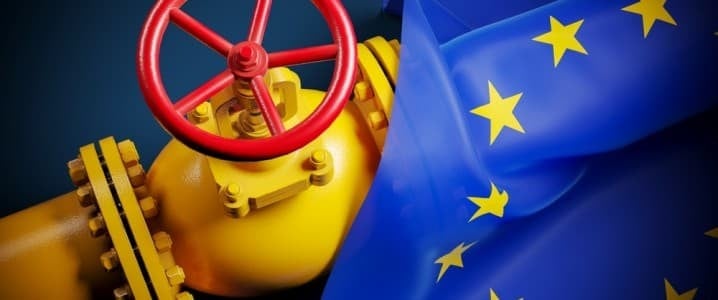 |
| Nord Stream 2 will never flow, Germany is not dependent on Russian gas, but… (Source: Oilprice) |
Despite comprehensive EU sanctions against Russia in response to its extraordinary military operation in Ukraine in February 2022, Moscow’s oil is still flooding into the 27-member bloc, much of it of unknown origin.
In fact, as of mid-October 2024, fossil fuel exports were estimated to have injected €4.47 billion ($4.85 billion) per week into the Russian economy , of which €350 million came from the EU.
Gas purchases from Moscow, while still much lower than the 150 billion cubic meters (bcm) recorded in 2021 – before the special military operation – began to increase again by the end of 2023.
Speaking recently at the EU Energy Council meeting in mid-October 2024, EU Energy Commissioner Kadri Simson expressed “deep concern” about this increase: “We must remain vigilant so that this does not become a structural trend.”
However, some member states of the bloc are not even trying to curb their "addiction" to Russian energy.
Difficult to give up Russian energy
In Central Europe, which is most dependent on Moscow's energy, countries such as Austria, Hungary and Slovakia still import about 80% of their gas from Russia.
With such high levels of dependence, it is certainly a difficult task for the above mentioned countries to switch to alternatives.
For the Czech Republic, the country has managed to switch to liquefied natural gas (LNG) via the Netherlands and Germany. However, weaning itself off Russian oil is proving to be even more difficult.
Meanwhile in Hungary, Prime Minister Viktor Orban appeared to increase the country's dependence on Russian energy as Budapest revealed it was discussing further purchases.
Hungarian Foreign Minister Peter Szijjarto recently declared that the country has "no other choice" but to rely on the Kremlin's oil.
Eighteen months ago, the EU granted Hungary, the Czech Republic and Slovakia temporary exemptions from Moscow’s oil embargo, giving them time to arrange alternatives.
Budapest has, however, rejected diversification options.
New challenges
New challenges have emerged for some countries that are still buying Russian gas.
Before the special military operation, in December 2019, Moscow and Kiev agreed on a five-year gas transit agreement. According to the agreement, 45 billion cubic meters of Russian gas will flow through Ukraine in 2020 and 40 billion cubic meters per year between 2021 and 2024.
The deal expires at the end of this year. It is unlikely to be extended, which would cut off the flow of Russian gas to Europe – hitting the regional market at a crucial time – the heating season.
To address this issue, the parties involved, including Russia, Ukraine and other countries, are said to be considering various scenarios to keep the aforementioned gas pipeline operating.
Scenarios include Russia selling gas at the border and letting customers arrange transit through Ukraine themselves. Or Azerbaijan could act as an intermediary. But any deal would require Russia’s cooperation.
The instability of Kiev's transit routes is adding to the pressure on countries that have yet to find an alternative to Moscow's gas.
No need to "shake"
Hungary – largely supplied with gas from Russia via the Turk Stream pipeline running under the Black Sea – would see little change if Moscow and Kiev's deal ends.
In contrast, Slovakia and Austria were forced to act.
However, neither side will be "trembling" this winter, even if the above agreement comes to an end. In case of gas shortage, the two countries can exploit EU storage facilities. Brussels said that the bloc's gas storage facilities are 95% full.
In parallel, Slovakia and Austria could also arrange alternative supplies.
Norway is currently the 27-member bloc’s largest gas supplier, while EU networks will also allow LNG from the US and North Africa to be delivered via terminals in Germany, Poland and Italy.
"The goal of blocking all Russian imports is realistic. All EU countries have the physical capacity to do so. There are routes to bring non-Moscow oil and gas to Hungary and Slovakia," said Martin Jirusek, an expert on geopolitics and energy security at the Czech Masaryk University.
A package of sanctions against Russia, focused primarily on energy, is currently being implemented.
However, Ms Simson said: "If member states want to continue importing Russian gas or sign new agreements with this country, I say clearly: This is not necessary and is a dangerous option."
Source: https://baoquocte.vn/roi-xa-nang-luong-nga-van-la-bai-toan-kho-hungary-tham-chi-con-muon-mua-them-chau-au-co-cach-gi-292118.html








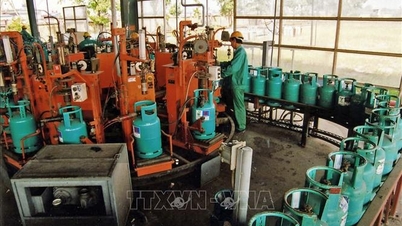

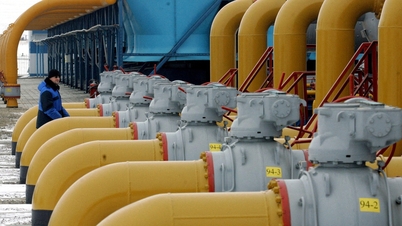

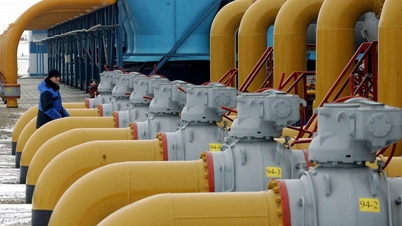

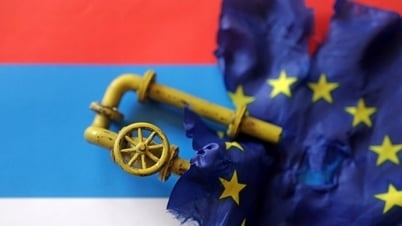


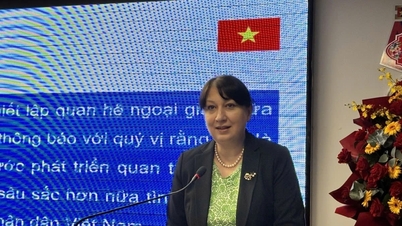



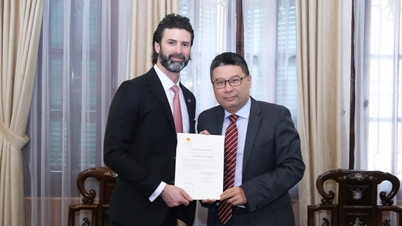
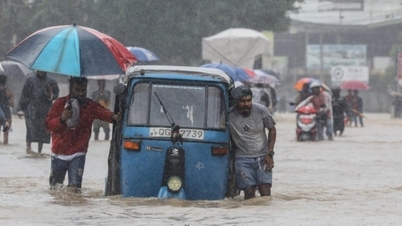




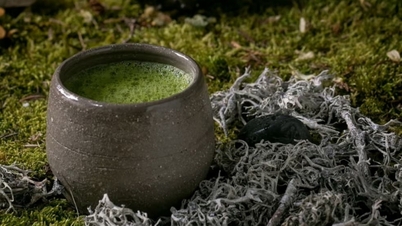
























































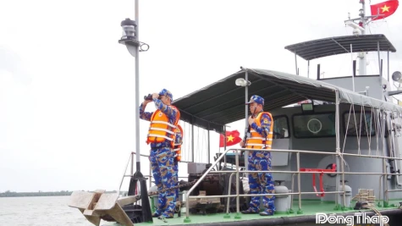

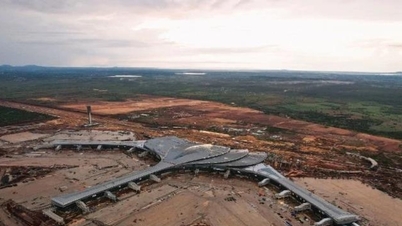






















Comment (0)